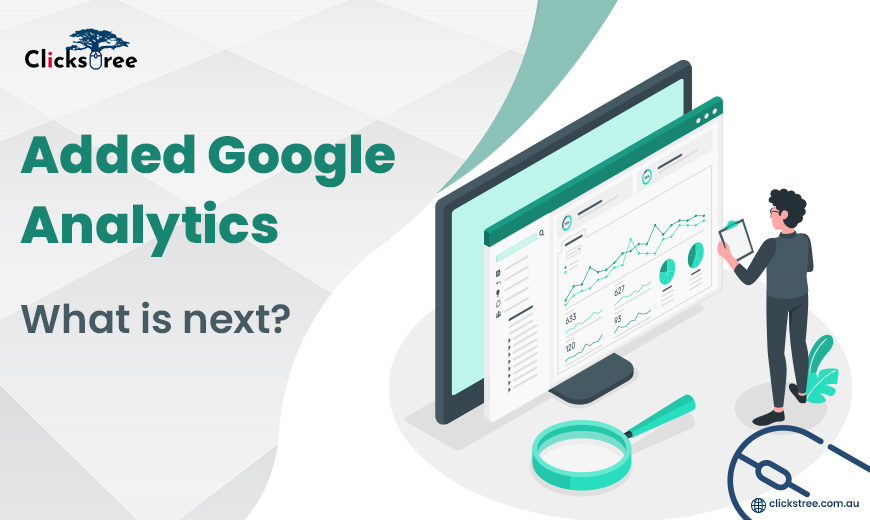
If you don’t have the foggiest idea of what Google Analytics is, haven’t installed it on your site, or have done it, however you don’t know how to go about it yet, then this post is definitely for you. While it’s difficult for some to accept, there are still some websites that are not utilizing Google Analytics (or any other platform for that matter) to analyze their traffic. In this post, we will take a gander at Google Analytics from a total layman’s perspective. Why you need it, how to get it, how to utilize it and workarounds to some other problems.
Why do you need Google Analytics?
Do you have a blog? Do you have a static site? On the off chance that the appropriate response is indeed, regardless of whether they are for individual or business use, at that point you need Google Analytics. While using google analytics, there are a few things to which you can get your answers!
- How many numbers of individuals visit my site?
- Where do my customers live?
- Is a mobile-friendly website needed?
- Most traffic is brought by which website the most?
- What marketing strategies drive the most traffic to my site?
- Which pages on my site are the most well known?
- What number of users have I changed over into customers or clients?
- Where did my changing over guests come from and go on my site?
- How might I improve my site’s speed?
- What blog content do my customers like the most?
There are many, numerous other inquiries that Google Analytics can reply to, yet these are the ones that are generally significant for most web site proprietors. Presently how about we take a glimpse at how you can get Google Analytics on your website.
How do I install google analytics?
To begin with, you need a Google Analytics account. In the event that you have a Google account that you use for different things like Gmail, Google Drive, Google Calendar, Google+, or YouTube, then you should set up your Google Analytics by making use of that Google account. Or on the other hand, you should make another one if you want to start fresh.
This should be a Google account you intend to keep forever and that you have full access to. You can generally concede admittance to your Google Analytics to others not far off, yet you don’t need another person to have full authority over it.
Note: don’t let anybody (your website specialist, web host, web developer, SEO people, and so forth) make your site’s Google Analytics account under their own Google account so they can manage it well for you. In the event that you and this individual head out in different directions, they will take your Google Analytics information with them, and you should start from the very beginning.
How would I share my information on Google analytics with somebody?
You don’t need to give your Google account’s data over to somebody who needs any sort of access to your Google Analytics information. You simply need to go to your Admin menu and under the Account, View, or Property (website) you need somebody to see, click the User Management menu.
From that point, you can add the email address of anybody you might want to share your Google Analytics information with and pick the authorizations you want them to have.
I don’t want to review the reports in Google Analytics. Will somebody simply sum up the information for me?
Truly! Quill Engage will help you do that. It is a help service that will take your Google Analytics information and sum it up in a simple to-go-through report for you. The best part is that it’s free for up to ten profiles (sites).
I have many sites, and I would prefer not to check every one of their Google Analytics regularly. What do I do?
You have two choices in this situation. You start by heading off to the Home screen of Google Analytics. There, you will discover a posting of every one of your sites and a review of the top measurements-average session duration, conversion rate and bounce rates.
You can try Cyfe, which is another business dashboard solution. For $19 every month, you can make limitless dashboards with limitless widgets, including an enormous source of information from Google Analytics, alongside the information from your networks from social media, Moz details, keyword rankings and much more.
This solution significantly cuts down on the time spent taking a gander at analytics across the load up for your whole business.
Google Analytics says that 90%+ of my organic keywords are “not provided”. Where can I find that information?
“not provided” is Google’s way of protecting search engine user’s privacy by hiding the keywords they use to discover your website in search results. Tools like Google Webmaster Tools or Search Console, Authority Lab’s Now Provided Reports and Hittail can all help you uncover some of those keywords.
They won’t be connected to your conversions or other Google Analytics information, however in any event you will have some hint what keywords searchers are using to discover your website.


